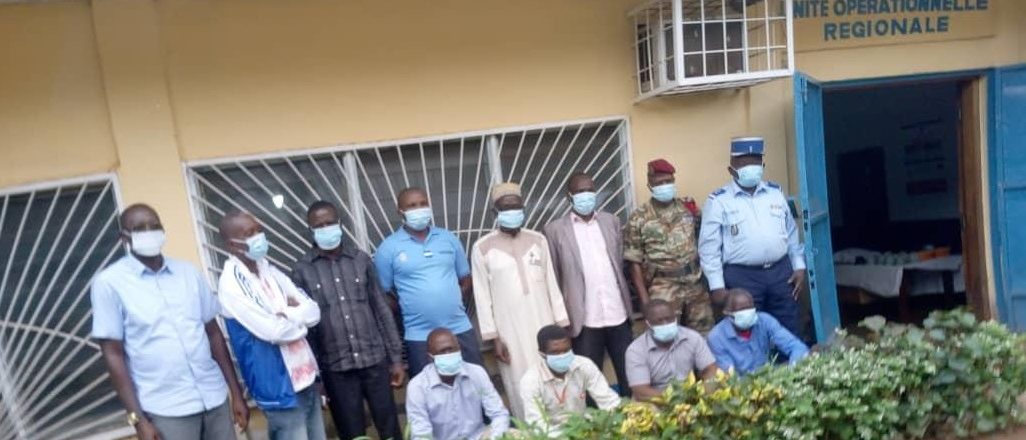EXECUTIVE SUMMARY
The AMPR team successfully implemented the second year of the project. AMPR supports the USAID Land and Urban Office and the USAID DRC Mission Central Africa Program in improving land and resource governance and strengthening property rights for all members of society, especially women. It serves as USAID’s vehicle for addressing complex land and resource issues around ASM in a multidisciplinary fashion with a focus on diamonds and, to a lesser extent, gold production in the CAR. The project also provides targeted technical assistance to other USAID missions and OUs in addressing land and resource governance issues within the ASM sector. The project builds upon activities and lessons from the PRADD I and II projects. The AMPR contract was signed on September 28, 2018 and will run for five years (the two option years were approved in 2020).
Some highlights from Year 2 include:
- Year I Work Plan Advancements: The AMPR team carried out a vast majority of work plan activities successfully by the end of the year despite the widespread impacts of the COVID-19 pandemic. The project implementation process is now well-established thanks to strong teamwork between the project field and home offices and impressive support from government partners. Details of project implementation successes are described below. All component activities are being implemented on schedule, and “scope creep” has been minimal—a recurrent issue for project implementation during the initial phases of work plan implementation where new needs emerge, but at a time when contractual obligations need to be scrupulously respected.
- New Hires: Despite the death of the Component I Coordinator, the departure of the Component II Livelihood Coordinator, and the resignation of some Community Mobilizers, the project recruited and trained new staff successfully. To ensure knowledge and information continuity, the new staff were granted access to the online backup of the project documents and resources of their predecessors.
- Strengthened Relations with Host-Country Partners: Thanks to the concerted push by the project to involve all AMPR stakeholders in the preparation and monitoring of the annual work plan, collaboration throughout the year was excellent. Teamwork between government partners and the project led to innovative responses to the COVID-19 pandemic, such as the dissemination of posters and radio programs describing precautions to be taken at the local level and promotion of local soap-making by women’s groups and handwashing.
- MMG-AMPR COVID-19 Innovations: AMPR actively participated in the CAR Ministry of Mines and Geology’s (MMG) COVID-19 Task Force meetings, enabling partners to prioritize activities reinforcing the Government of CAR’s (GoCAR) COVID-19 prevention measures in mining communities. AMPR set up a bi-weekly call with other donor-funded projects in the ASM domain to share information about how COVID-19 was impacting international and national market dynamics, internal production, security, and coordination among projects. This led to the support by the WB for the Delve platform to carry out field research on COVID-19 impacts. To mitigate the transmission of COVID-19, the project developed and printed 1,200 copies of MMG COVID-19 brochures and posters on coronavirus risks in the mining sector, which were distributed to key actors, notably, private sector, trading houses, civil society in Bangui and the KP compliant zones; supported the airing of community radio debates on the COVID-19 risks in mining communities, reaching more than 20,000 listeners; trained mining communities on techniques for making water filters using local materials; and soapmaking Training of Trainers course for 21 women’s groups in southwest CAR.


